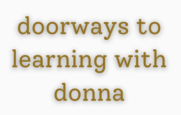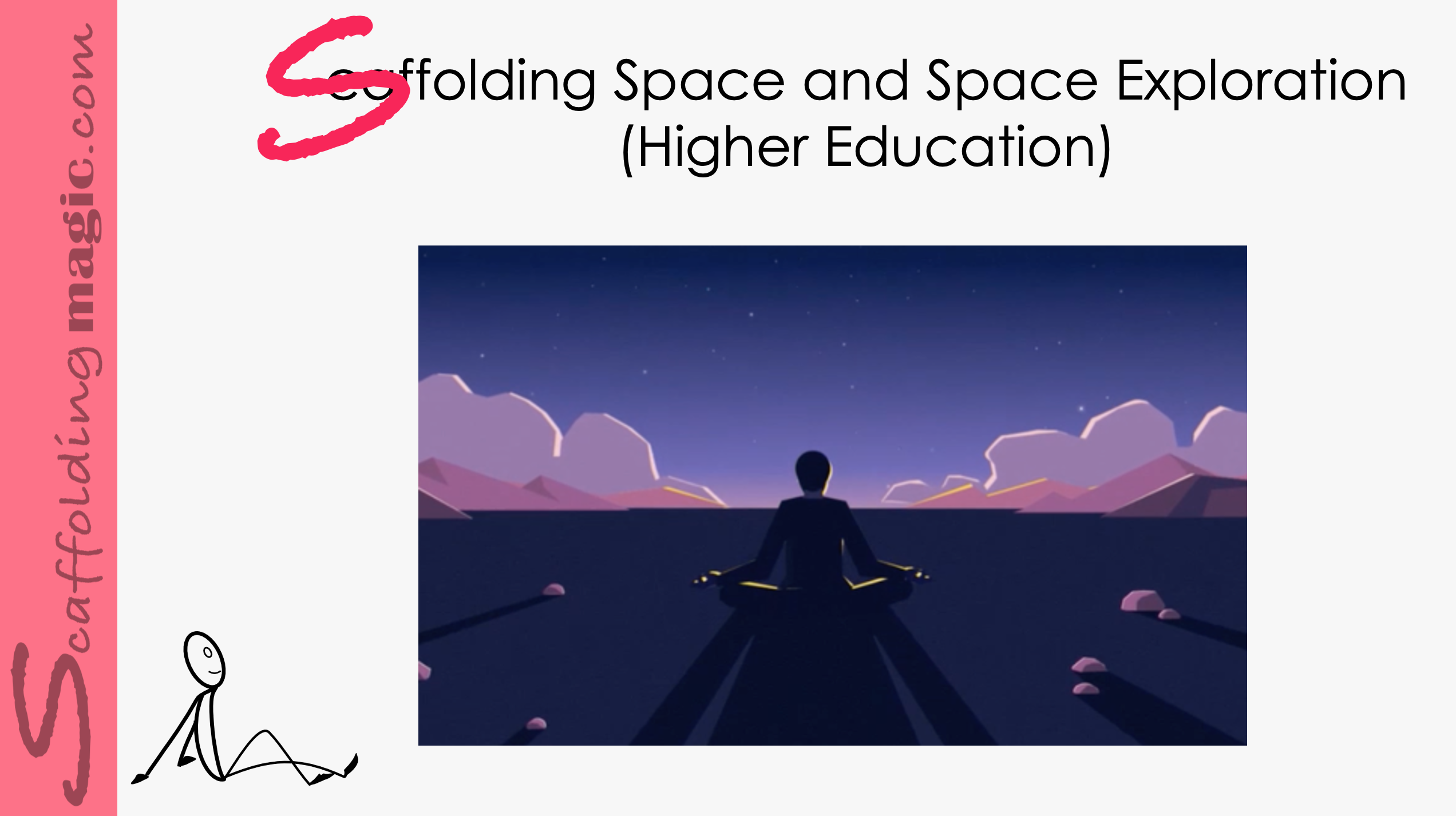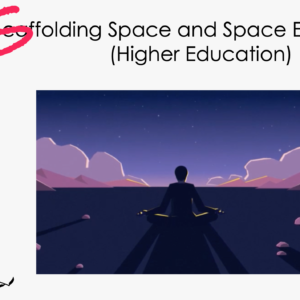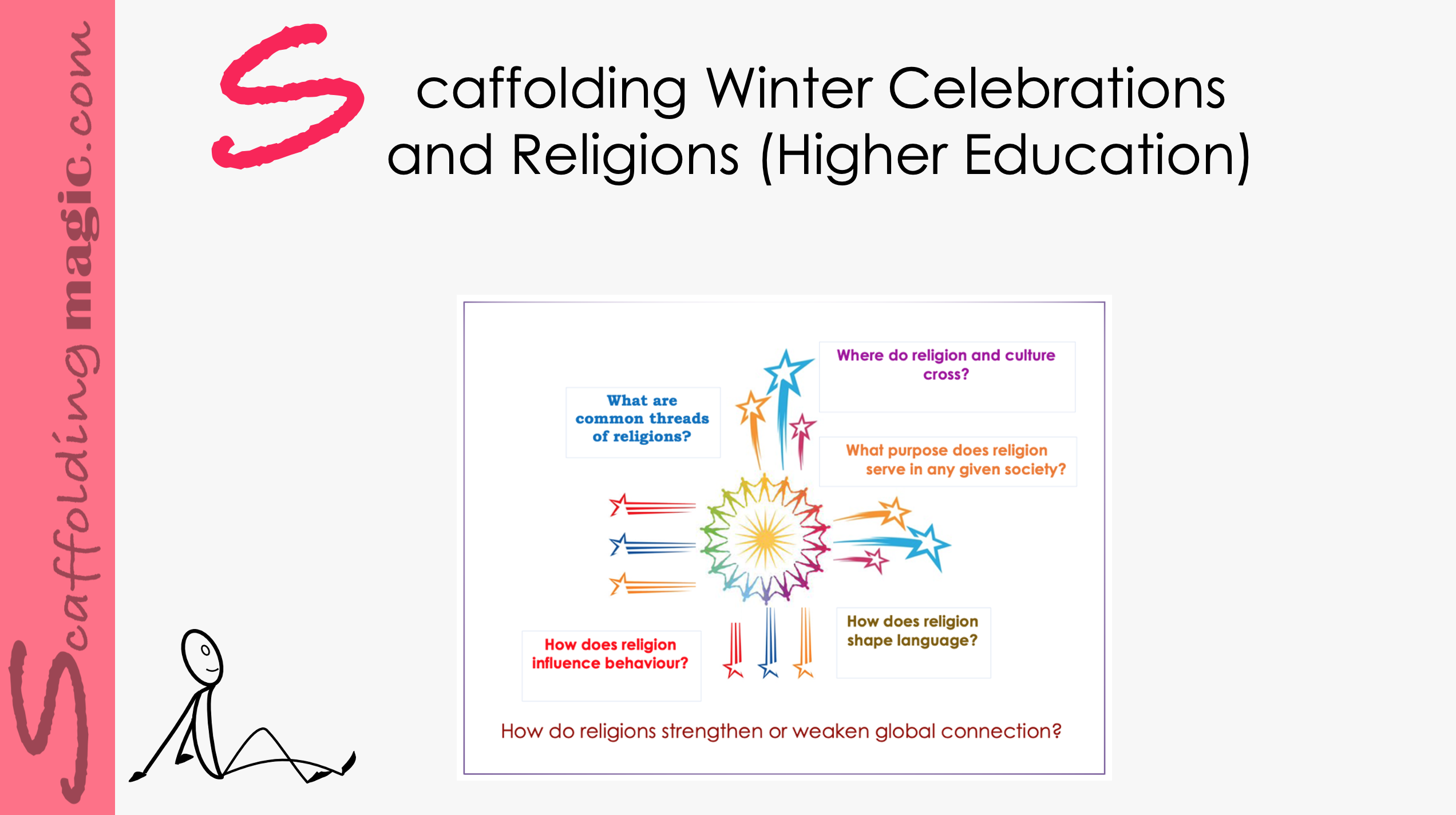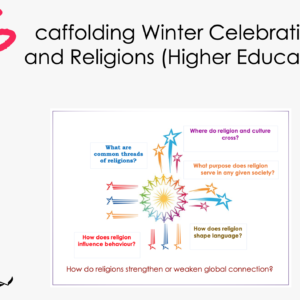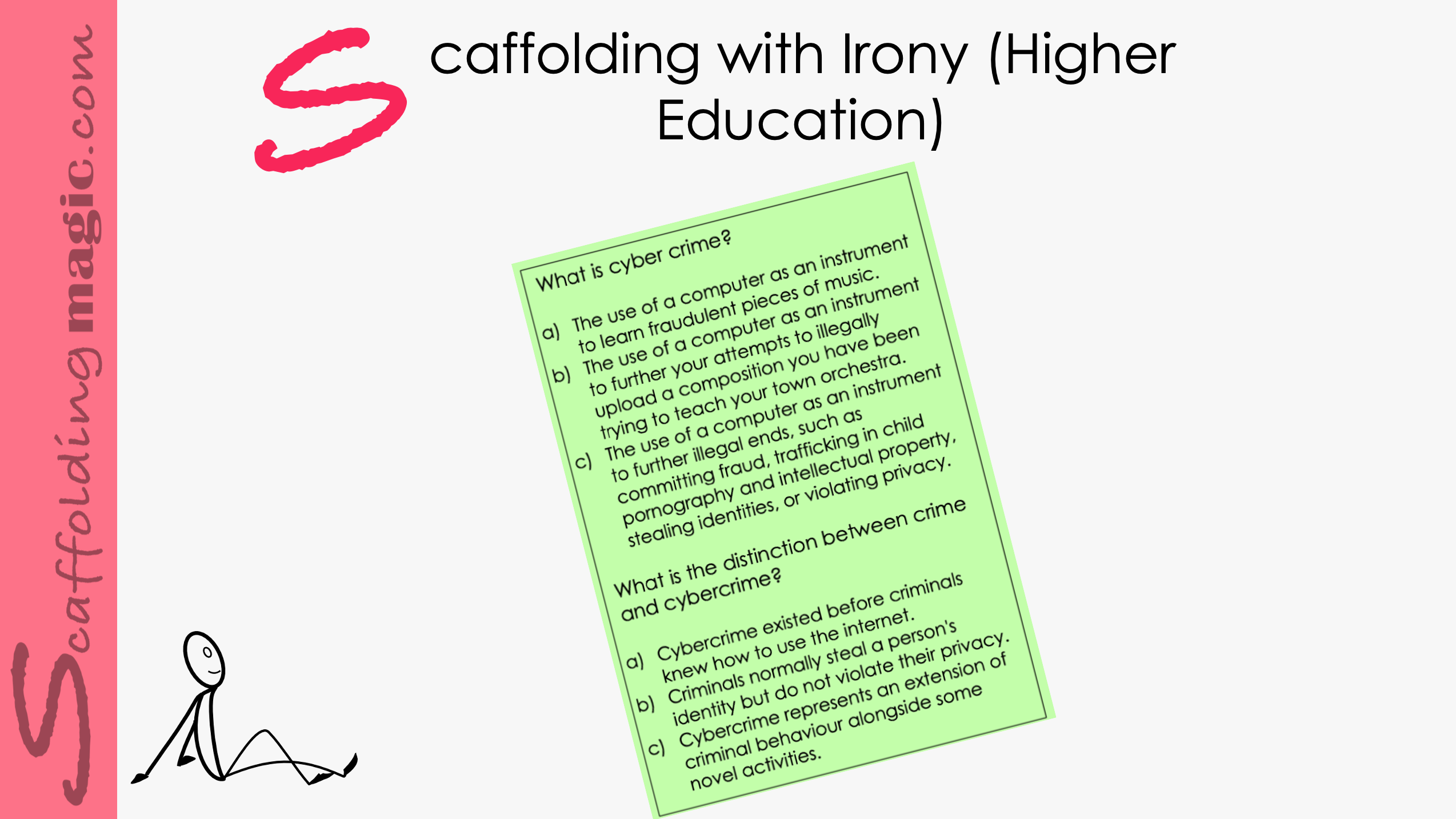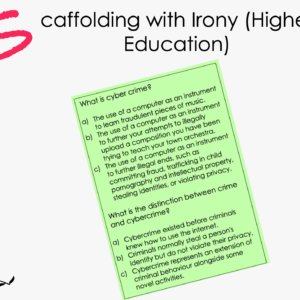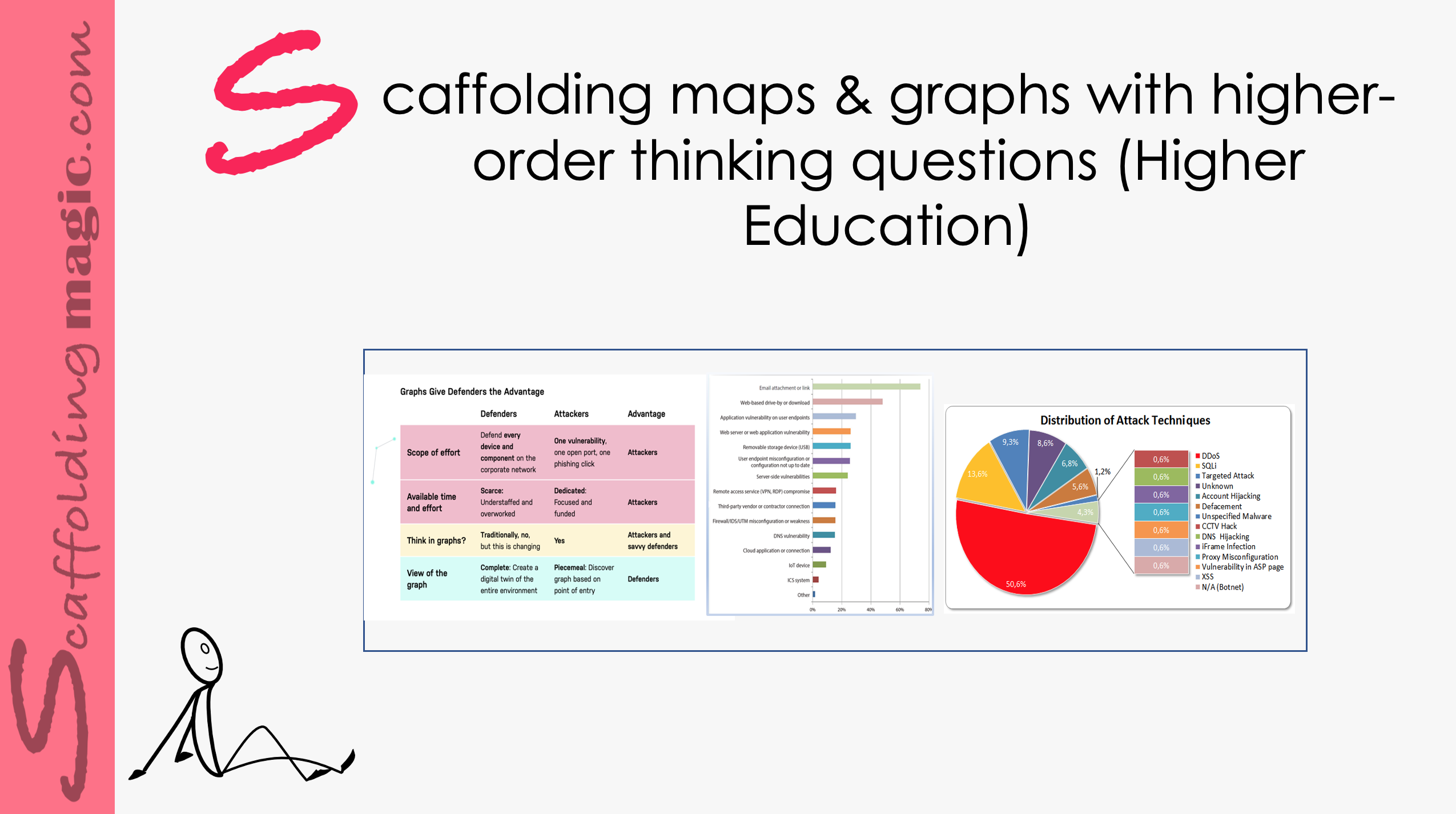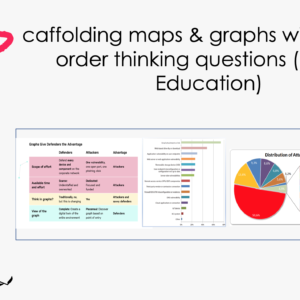Knowing the sequence of events in a text, story, video, laboratory experiment, sports competition, musical composition, preparation of art materials, etc. is an essential skill for students. This is an integral part of Pre-school and Lower-Primary school lessons, but it is often forgotten in higher grades. We need to intentionally give our students the opportunities to be able to recognise and express sequences, and we need to provide the phrases they can use to clarify the ordering of events.
Scaffolding by Enriching the Sequencing Dynamic (Higher Education)
$5.00
Knowing the sequence of events in a text, story, video, laboratory experiment, sports competition, musical composition, preparation of art materials, etc. is an essential skill for students. This is an integral part of Pre-school and Lower-Primary school lessons, but it is often forgotten in higher grades. We need to intentionally give our students the opportunities to be able to recognise and express sequences, and we need to provide the phrases they can use to clarify the ordering of events.
Related products
-
Higher Education ScaffoldsQuick View
Scaffolding space & space exploration (higher education)
$5.00 Add to cartRated 0 out of 5 -
Higher Education ScaffoldsQuick View
Scaffolding winter celebrations & religions (Higher Education)
$5.00 Add to cartRated 0 out of 5 -
Higher Education ScaffoldsQuick View
Scaffolding with Irony (Higher Education)
$5.00 Add to cartRated 0 out of 5 -
Higher Education ScaffoldsQuick View
Scaffolding Maps and Graphs with Higher-Order Level Questions (Higher Education)
$5.00 Add to cartRated 0 out of 5
Scaffolding space & space exploration (higher education)
Let’s help students to consider the original motives behind space exploration – controlling direction and purpose of what is possible in space in the future. How important is that goal and is inner exploration more meaningful?
Let’s help students to consider the original motives behind space exploration – controlling direction and purpose of what is possible in space in the future. How important is that goal and is inner exploration more meaningful?
Scaffolding winter celebrations & religions (Higher Education)
This scaffold helps educators to address the focus of multicultural winter celebrations. It encourages students to separate the dogma of celebrations and religions from the intention, to recognise traditional practices common in many religion (in other words, see the similarities), and to negotiate with their classmates the relevance (or irrelevance) of religions in the present.
This scaffold helps educators to address the focus of multicultural winter celebrations. It encourages students to separate the dogma of celebrations and religions from the intention, to recognise traditional practices common in many religion (in other words, see the similarities), and to negotiate with their classmates the relevance (or irrelevance) of religions in the present.
Scaffolding with Irony (Higher Education)
Adding humour to a lesson is always a recipe for success. Humour changes the dynamic of the class and helps students to see their lessons with a different frame of mind. This scaffold uses irony – the highest form of humour – to help make potentially dry material more inviting and accessible.
Adding humour to a lesson is always a recipe for success. Humour changes the dynamic of the class and helps students to see their lessons with a different frame of mind. This scaffold uses irony – the highest form of humour – to help make potentially dry material more inviting and accessible.
Scaffolding Maps and Graphs with Higher-Order Level Questions (Higher Education)
Higher-order level questions – those that elicit deeper thinking – help students to stretch their thinking and engage their curiosity, their reasoning ability, their creativity, and independence. These questions encourage students to open their minds, they offer opportunities to produce original thinking.
Higher-order level questions – those that elicit deeper thinking – help students to stretch their thinking and engage their curiosity, their reasoning ability, their creativity, and independence. These questions encourage students to open their minds, they offer opportunities to produce original thinking.
